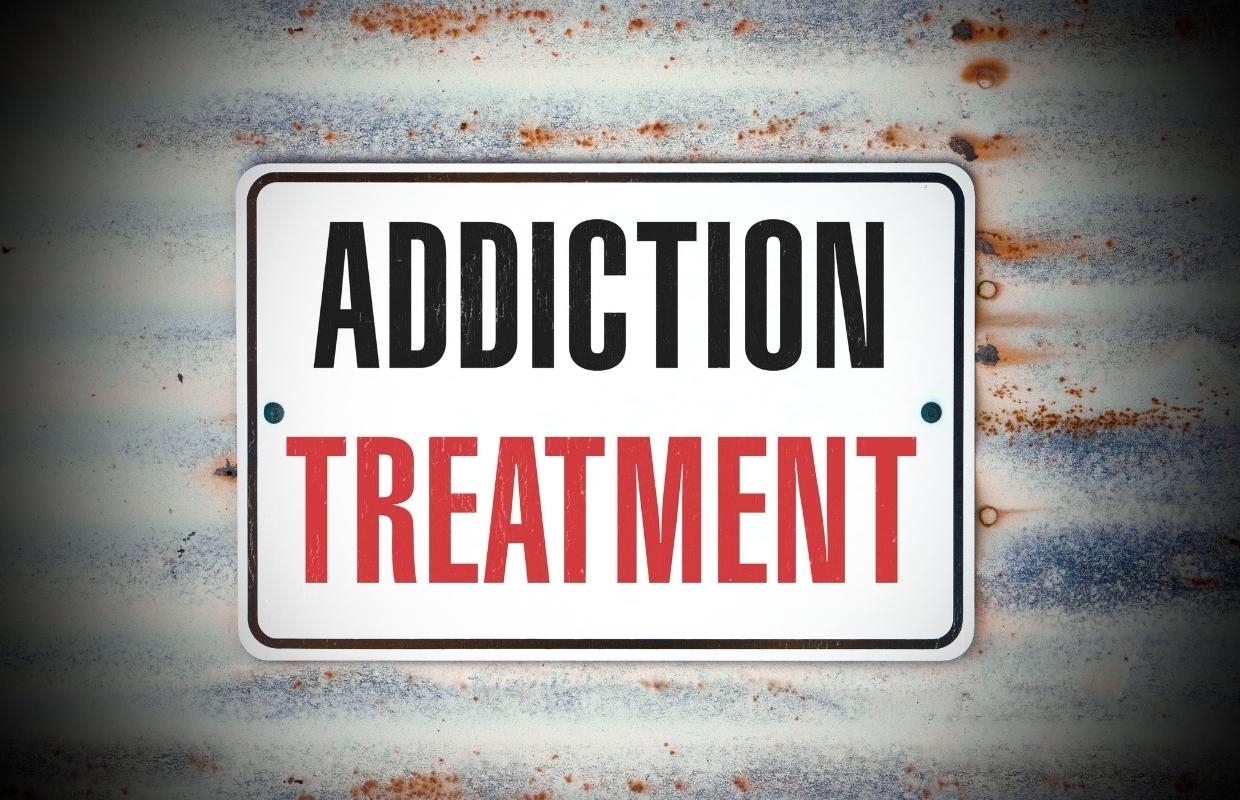Evidence-based Cognitive Behavioral Therapy (CBT) helps individuals develop more positive thought patterns.
Trick Kind of Addiction Therapy: Browsing Alcoholism Recuperation Via Evidence-Based Practices
In the world of alcohol dependency healing, the assimilation of Cognitive-Behavioral Therapies (CBT) and Medication-Assisted Therapy (FLOOR COVERING) notes an essential stride towards efficacy and patient-centered care. When these evidence-based practices are supplemented with holistic strategies, such as mindfulness and nutritional assistance, they form a durable framework for treatment.

Comprehending Cognitive-Behavioral Therapies in Alcoholism Recuperation
As alcoholism recovery evolves, cognitive-behavioral therapies (CBT) have actually become a foundation in efficient treatment methods. CBT operates the principle that maladaptive habits, such as extreme alcohol consumption, are driven by useless thoughts and ideas. Therapy concentrates on identifying these unfavorable patterns and teaching people exactly how to challenge and replace them with even more constructive thinking. This treatment is not only concerning taking care of behaviors however also improving cognitive processes, which can result in sustained soberness. Procedure usually include useful skills training, such as coping techniques for managing cravings and stress and anxiety management techniques. The adaptable nature of CBT enables it to be customized to the distinct requirements of each person, boosting its efficiency in the world of alcohol healing.

The Role of Medication-Assisted Therapy in Managing Withdrawal and Yearnings
Medication-assisted therapy (MAT) plays an important role in the administration of withdrawal signs and symptoms and yearnings in people recuperating from alcoholism. Floor covering includes making use of FDA-approved medicines such as naltrexone, disulfiram, and acamprosate, which assist decrease the physical and emotional urges to consume private rehab centers alcohol, assisting in a smoother and a lot more manageable detoxing process. These medicines operate by modifying mind chemistry to lessen the rewarding impacts of alcohol, maintain view it now mood swings, and decrease physical dependancy. This pharmacological technique, when integrated with therapy and behavioral therapies, enhances the opportunities of long-lasting healing. Such combination sustains the retention in treatment programs and contributes considerably to avoid relapse, noting MAT as a keystone of effective alcoholism therapy.

Integrating Alternative Approaches With Traditional Treatments for Comprehensive Care
While medication-assisted treatment provides a foundational strategy to alcohol recuperation, incorporating alternative methods with standard therapies offers a more comprehensive additional resources treatment model. By incorporating these diverse methods, therapy programs can customize treatments to specific requirements, promoting a more sustainable healing. This incorporated approach highlights the value of a multifaceted strategy in the efficient therapy of alcohol addiction.
Conclusion
In final thought, effective alcohol dependency recuperation leverages a mix of evidence-based methods. Cognitive-Behavioral Therapies reframe negative reasoning, while Medication-Assisted Therapy takes on the physical obstacles of withdrawal and yearnings.